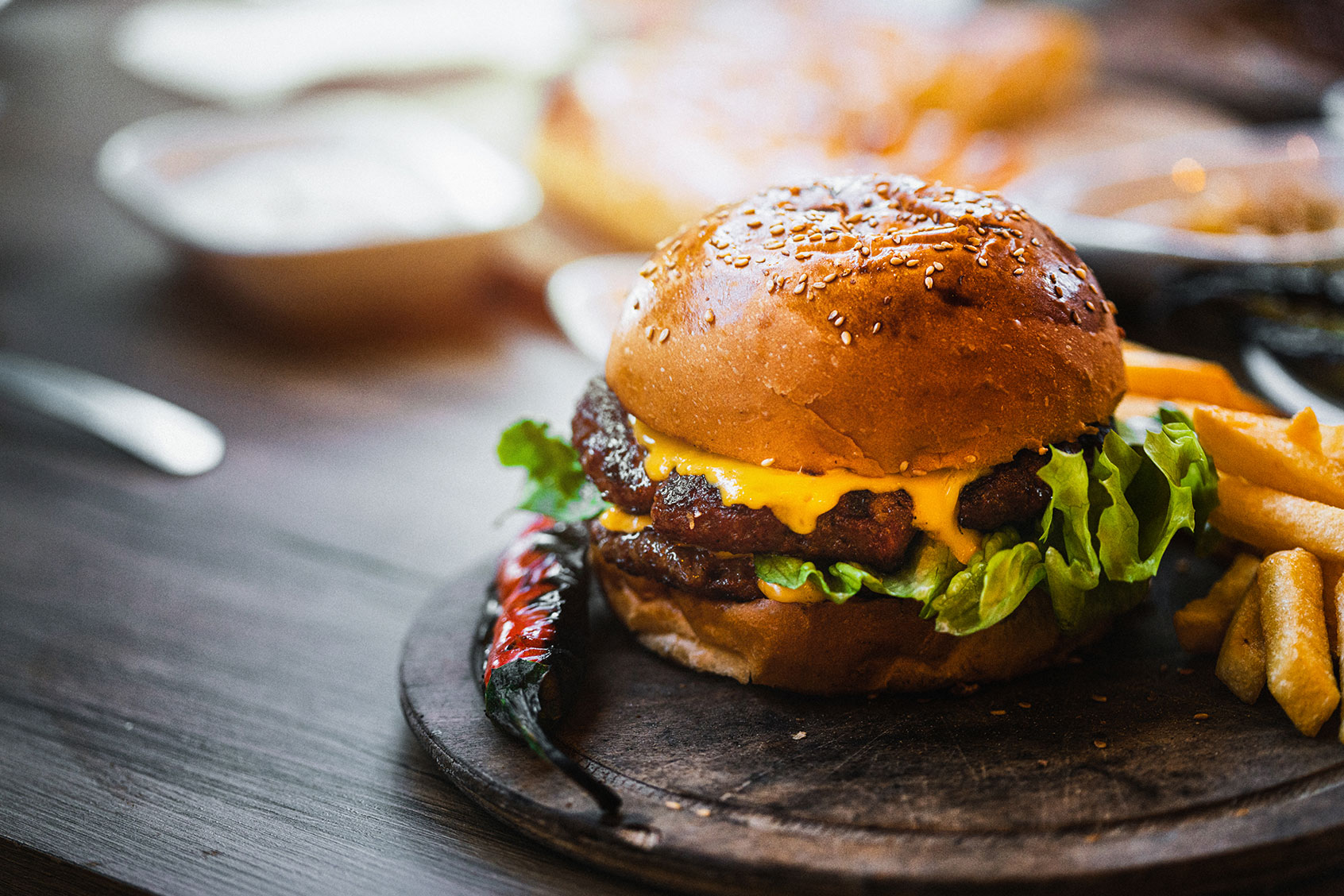When I first began cooking with any real intention, I had a habit of meddling. Not tending, exactly — more like nervously, compulsively, borderline-pathologically futzing. I didn’t yet know how to trust food to become itself without a bit of coaxing, so I poked and stirred and second-guessed, throwing in handfuls of things that didn’t always belong. The results were rarely inedible, but often disconcerting: over-salted, over-spiced, somehow both cloying and sharp, like they couldn’t decide what they wanted to be.
In those early years, I was a menace with acid. There was the chicken breast I marinated in lemon juice, rice vinegar and balsamic reduction — a trio I would now classify, gently, as a vinaigrette bloodbath. I tried to “wake up” a sleepy beef stew with orange zest. Once, in a fit of what I can only describe as kitchen-stage fright, I added rosemary to a stir-fry. I was a culinary raccoon: nosy, impulsive, endlessly compelled to paw at things that might have been better left alone.
To be fair, it was a necessary stage. Testing limits is part of learning to cook, and experimentation teaches you where the edge is. But in hindsight, what I lacked wasn’t creativity — it was confidence. I didn’t know yet that simple, when done right, could be extraordinary. That a well-salted, well-seared something is often better than a fussy, overthought everything. And nowhere does that truth sing more sweetly than in the humble, occasionally over-engineered burger.
Burgers, as a category, have undergone a kind of spiritual inflation. What began as a backyard staple has become, in certain corners of the internet, a canvas for maximalist ambition. There are home-burger hobbyists who swear by mixing in bacon lardons. Others fold shredded cheddar directly into the beef like they’re stuffing a teddy bear. Some insist on grinding elaborate ratios of chuck, brisket, sirloin and pork — plus dehydrated mushrooms ordered from an obscure vendor in Western Canada that only ships on Wednesdays.
I’ve seen recipes that call for egg and breadcrumbs, yielding a patty that’s less burger than meatloaf in disguise. I’ve read impassioned arguments about the best time to salt the meat, the ideal fat percentage, and whether or not to smash — all of which, like most arguments on the internet, tend to generate more heat than light.
But as grilling season stretches out before us, I’d like to offer a quiet little truth, hard-earned but happily shared: when it comes to burgers, good beef, a bit of salt and pepper and the courage to leave it alone will take you almost all the way there.
There are two recipes I return to every summer, like the way some people revisit a favorite trail or reread a dog-eared paperback. One belongs to Gordon Ramsay. It’s not flashy, and it doesn’t call for anything exotic — just beef, salt, and pepper — but the specificity of it is almost architectural. Minced short rib, chuck, brisket and a generous dose of added fat, all in carefully measured ratios. It’s the kind of recipe that suggests a man who has opinions about patty height.
We need your help to stay independent
But the spirit is still simple. No Worcestershire, no egg, no breadcrumbs or grated onion — just good beef, well-balanced, handled with care.
Then there’s Alton Brown’s “Burger of the Gods,” which is somehow even simpler — almost monastic in its restraint. Two kinds of beef: chuck and sirloin, each cut into tidy cubes, no frills. A whisper of kosher salt. No herbs, no mix-ins, no secrets hiding in the fridge. His instructions are precise but refreshingly unprecious: heat the pan, cook the patty, flip it once. Only once.
“No garlic,” Brown clarifies. “No herbs, no soup mix, no mysteries.”
And that, to me, is the quiet magic of a good burger, and of good cooking, really. In a world that so often rewards excess, it feels almost radical to do less. To let ingredients speak for themselves. To trust that beef, salt, pepper, and a little self-restraint can deliver something not just passable, but sublime. That kind of simplicity isn’t a compromise. It’s a gift. Especially for the home cook — tired, hungry, hopeful — who just wants dinner to be good.
Read more
about this topic


